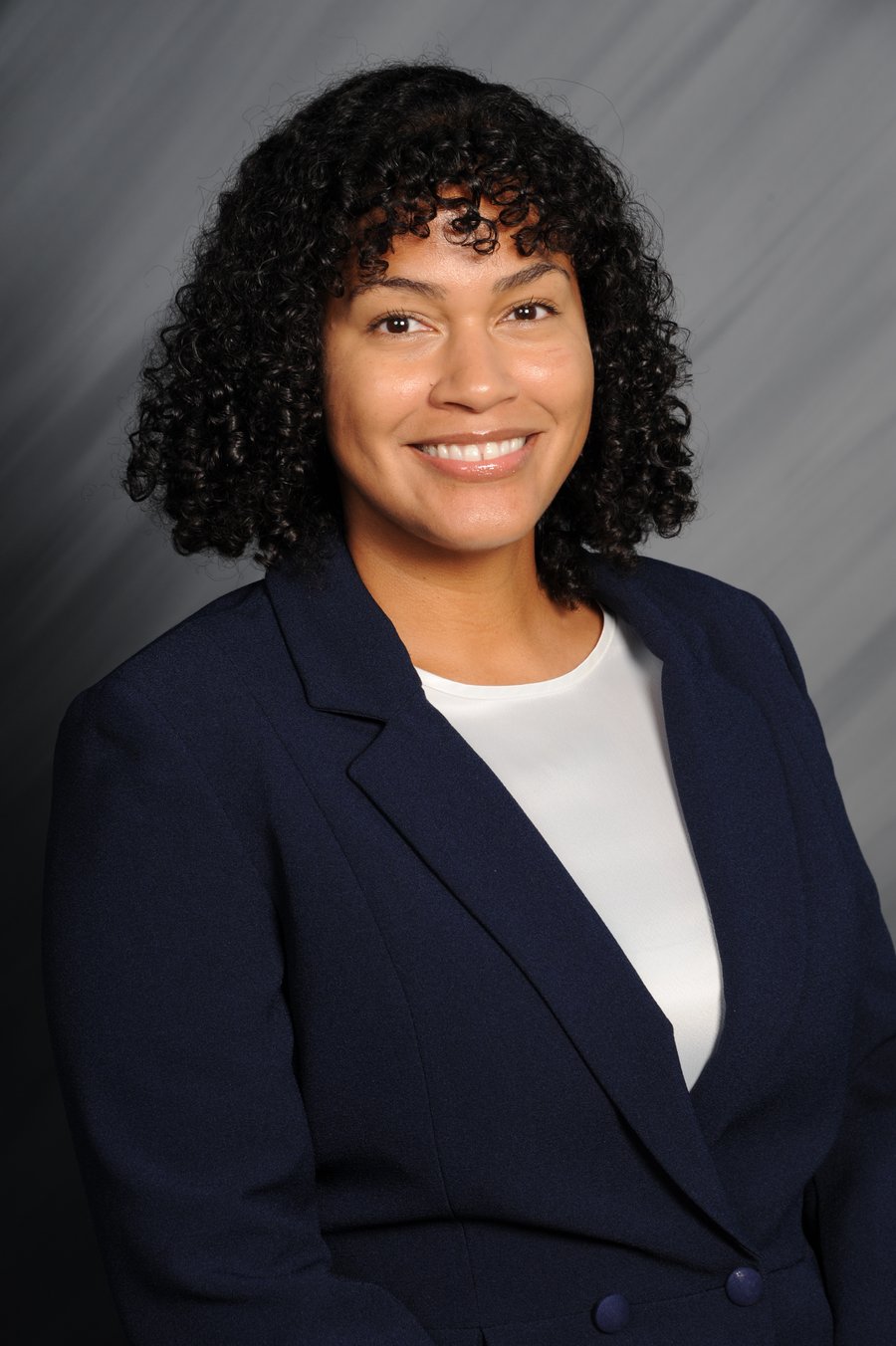
Anxiety is a feeling of worry, fear, or nervousness. It is a normal part of life and can help children stay alert or prepared for challenges. Some of the world’s most talented leaders, entertainers and athletes are driven by high levels of anxiety. But when anxiety happens too often or becomes too strong, it can cause problems at school, home, or with friends.
Anxiety is one of the most common mental health concerns in children and teens in the United States. About 1 in 5 children will experience an anxiety disorder and nearly 1 in 3 teenagers reports some form of anxiety. Understanding the signs and knowing when to get help can make a big difference.
Common Signs of Anxiety
Children and teens may not always know when they are anxious. Instead, anxiety can manifest in other ways, including:
- Frequent stomachaches or headaches with no clear cause
- Trouble sleeping or having nightmares
- Refusing to go to school or avoiding social activities
- Emotional outbursts like crying or tantrums
- Difficulty concentrating or sitting still (restlessness)
- Being excessively nervous or afraid about things like being away from parents, tests, or making mistakes
Some children may also have panic attacks. These are sudden episodes of intense fear that cause symptoms like sweating, shaking, chest pain, or trouble breathing.
What Causes Anxiety?
There is no single cause of anxiety. It can be linked to:
- Family history: Anxiety is thought to be between 30-60% inherited. If parents have anxiety, their children are at greater risk of developing the condition.
- Brain chemistry: An imbalance of chemicals in the brain may affect how a child feels.
- Life events: Stressful events like moving, bullying, divorce, or illness can trigger anxiety.
- Personality: Some children may naturally be more likely to worry.
When to Seek Help
Occasional, mild anxiety is normal. However, if anxiety is affecting a child’s day-to-day activities, it may be time to talk to a doctor or mental health professional.
Doctors can help by:
- Providing a full checkup to rule out medical problems like thyroid abnormalities
- Recommending therapy, such as Cognitive Behavioral Therapy (CBT), which teaches self-awareness and coping skills
- Talking about lifestyle changes, like better sleep, exercise, and healthy routines
- In some cases, prescribing medication, especially if therapy alone is not enough. There are several medications approved to treat anxiety in children and teens.
Early treatment can help improve a child’s symptoms and prevent their anxiety from becoming worse over time.
What Parents Can Do
Parents play a big role in helping children manage anxiety. Experts suggest the best way to help children manage anxiety is by:
- Listening and talking calmly about their feelings
- Keeping routines steady and predictable
- Encouraging healthy sleep and physical activity
- Teaching simple calming techniques like deep breathing (try having young children smell the roses for deep inhalation and blow out the candles for deep exhalation)
- Praising effort instead of focusing only on success or failures
- Modeling healthy relationships and how to handle stress in healthy ways
Most importantly, children need to know they are not alone, that what they are feeling is normal, and that it is okay to ask for help.
Final Thoughts
Anxiety is a real medical condition that can affect children and teens in many ways. With the right support from parents, doctors, and schools, most children can learn to manage anxiety and live full, happy lives.
If you have concerns about your child’s mental health, talking to their pediatrician is a good first step. Early care can lead to better outcomes and stronger mental wellness in the future.
Dr. Joanna Moore is a resident physician who sees patients of all ages and provides obstetrical services at Lone Star Family Health Center, a non-profit 501©3 Federally Qualified Health Center operating facilities in Conroe, Spring, Willis, Grangerland, and Huntsville, and serving as home to a fully integrated Family Medicine Residency Program to increase the number of Family Medicine physicians for Texas and our community.



